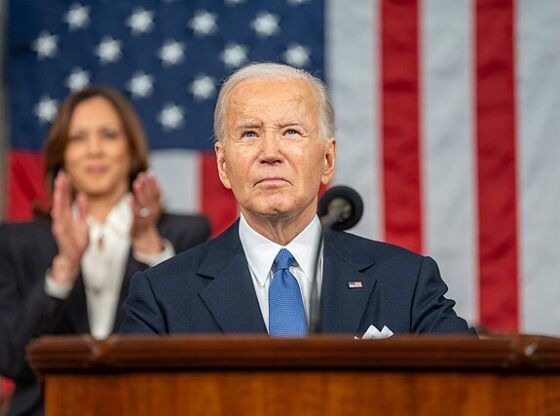In 2015, Kevin McCarthy shocked legislators and the press after dropping his bid for Speaker of the House in 2015 right before Donald Trump and the Republican Party secured the Presidency, Senate and House of Representatives. What was thought to be a relatively smooth transition from Majority Leader to Speaker turned messy, leaving Republicans scrambling to find a candidate following John Boehner’s retirement.
McCarthy was nervous that he would be unable to unite the Republican caucus and receive the 218 votes needed to become speaker. But the key difference between 2015 and 2023 is that McCarthy had a larger buffer, with Republicans holding a 247 seat majority before the 2016 election. “I don’t want to go to the floor and win with 220 votes,” McCarthy said. “I think the best thing for our party is to win with 247 votes.”
However, in the early hours of Jan. 7, McCarthy, a California Republican, was elected to become Speaker of the House, battling to win by a narrow margin of 216 votes to 212, with the latter cast to now House Minority Leader Hakeem Jeffries of New York. McCarthy needed 15 ballots to finally reach a simple majority in the house, the most votes needed to elect a speaker since William Pennington needed 44 to become House Speaker in 1860.
In order to reach the number needed for victory, McCarthy made several concessions to conservative members of his party. Before Jan. 7, McCarthy had agreed to lower the threshold for sponsoring a resolution to oust the Speaker of the House from five members to one, a rule that initially moderate Republicans stated would be a no-go if it made it into the final deal. Moreover, he was also open to allowing more members of the Freedom Caucus onto the House Rules Committee.
Despite the concessions, McCarthy lost the 14th ballot on Jan. 5 by one vote, with representatives Lauren Boebert of Colorado and Matt Gaetz of Florida holding out. McCarthy relented and agreed to assign Boebert and Gaetz to select House committees, giving them greater influence over what legislation can be forwarded in the legislative process. Boebert and Gaetz still voted present, however, forcing McCarthy to rely on other holdouts to vote present to secure a victory. As a result, six members voted present, reducing the threshold needed for McCarthy.
The first week following McCarthy’s election was smooth but riddled with division. The House Oversight Committee requested financial information on Joe Biden and his family while also voting to cut the budget for the Internal Revenue Service. However, party unity for the rest of the legislative term might prove difficult. Right now, the Republicans in the House have a slim nine-seat majority at 222 seats. This means that McCarthy and the party agenda for this term can only afford a few detractors if they want to pass through legislation. With bipartisan support unlikely from the Democratic Party, McCarthy will be on a tight leash if he wishes to keep his spot as Speaker.
With a divided government, an impending debt-ceiling showdown and a slim majority, the federal government will face abrupt circumstances to start the new year.











